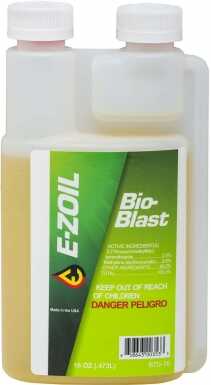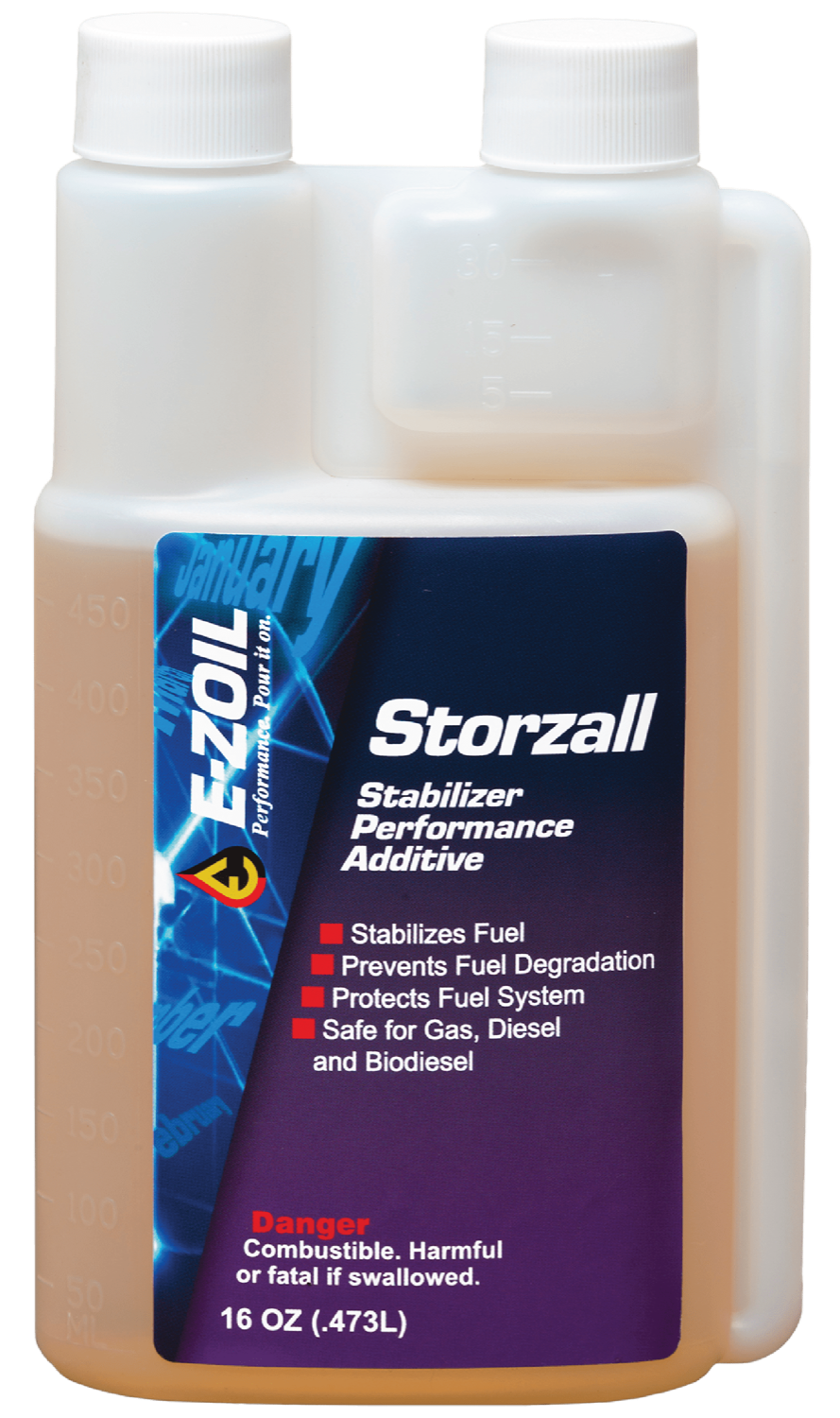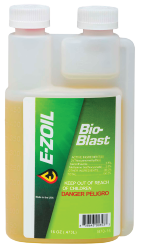BIODIESEL BASICS
WHAT IS BIODIESEL?
Biodiesel is the name of clean-burning alternative fuel, produced from domestic, renewable resources. It contains no petroleum diesel, but it can be blended at any level with petroleum diesel to create a biodiesel blend. Biodiesel can be used in compression-ignition (diesel) engines with little or no modifications.
Technically, biodiesel is defined as mono-alkyl esters of long-chain fatty acids derived from vegetable oils, animal fats, or cooking grease. These acids are known as FAME (Fatty Acid Methyl Ester).
HOW IS BIODIESEL MADE?
Biodiesel is made by transesterification. Oil or fat is collected and reacted with methyl alcohol using sodium hydroxide as a catalyst to form methyl ester.
WHAT IS BIODIESEL MADE FROM?
Biodiesel is made from a variety of feedstocks including:
Vegetable |
Rapeseed (canola) Methyl Ester |
Cottonseed |
Animal |
Yellow Greases |
| Soybean Methyl Ester | Palm Methyl Ester | Sunflower | Poultry | Recycled cooking oil |
| Peanut | Fish | |||
| Lard |
WHAT ARE THE DIFFERENT GRADES OF BIODIESEL?
Most biodiesel is a blend of FAME and petroleum-based diesel fuel. For example, B2 is 2% FAME with 98% diesel fuel; B5 is 5% FAME with 95% diesel fuel; and, B20 is 20% FAME with 80% diesel fuel.
WHAT IS THE ASTM STANDARD FOR B100 & B20?
The ASTM standard for B100, 10% FAME, is 6751. The ASTM standard for B20-B6 is D7467. The standard for B5-B1 is the same as regular diesel fuel D975. There is no standard for B21-B99.
WHICH BIODIESEL BLEND SHOULD I USE?
Biodiesel blends higher than B20 should not be considered a direct replacement for diesel fuel. Most auto, engine, and fuel injection original equipment manufacturers (OEMs) in the US strongly discourage the use of blends over B20. Moreover, many of these same companies state that warranties may be voided if engine component failure can be directly attributable to the use of blends over B20. Most OEMs approve B2 or B5. All fuel injection equipment (FIE) manufacturers approve B5. Some OEMs approve B20. Consult your engine manufacturer for additional information.
HOW MUCH DOES BIODIESEL COST?
Biodiesel costs approximately $1 per gallon more to produce than diesel fuel. Federal subsidies allow biodiesel to compete effectively against diesel fuel.
PROS & CONS
As with anything in life, there are pros and cons to using biodiesel fuel. The table below shows the advantages and disadvantages of using biodiesel versus standard diesel fuel.
|
| BIODIESEL ADVANTAGES |
|
| BIODIESEL DISADVANTAGES |
|||||||||
| • Renewable Energy Source | COST | Slightly more expensive | |||||||||
| • Reduces Exhaust Emissions | ENERGY | Contains slightly less energy | |||||||||
| • Reduces Dependence on Foreign Oil | QUALITY | Varies. Many suppliers are not BQ 9000 certified.* | |||||||||
| • Enhances Lubricity | STABILITY | Thermal & oxidative stability is inferior to diesel | |||||||||
| • Enhances Cetane | OPERABILITY | Gels at higher temperatures which leads to filter & line plugging, especially in cold temperatures |
|||||||||
| • Enhances Detergency | |||||||||||
| SHELF LIFE | Should be used within 6 months of manufacture | ||||||||||
| RULE OF THUMB | use biodiesel within 2 months of purchase | |||||||||||
| DRYING | Biodiesel may cause elastomers & various seal materials to harden or swell, leading to premature failure. Natural & butyl rubber are particularly susceptible. | ||||||||||
| METHANOL | Biodiesel often contains methanol. Methanol, used over prolonged periods, causes premature failure of wear-related fuel components. | ||||||||||
| WATER | Biodiesel often contains water. Biodiesel is hygroscopic, which means it tends to absorb water from the air. This leads to fuel line plugging when temperatures reach 32ºF. Water also promotes the growth of bacteria & fungi causing slime & sludge that leads to further fuel filter plugging. | ||||||||||
*BQ 9000 is a voluntary accreditation program for biodiesel sponsored by the National Biodiesel Accreditation Program. The program helps suppliers improve fuel testing and reduce the chance of producing or distributing inadequate fuel.
WHICH E-ZOIL PRODUCTS IMPROVE BIODIESEL PERFORMANCE?
Using biodiesel? Prevent fuel problems & the associated cost & headache with these E-ZOIL products!
BIO-AID |
ARTIC POWER |
D-GEL |
BI0-BLAST |
STORZALL |
|||||||||||||||||||||||||||||||||||||||||||||||||||||||||||||||||||||||||||||||||||||||||||||||||||||||||||||||||||||||||||||||||||||||||||||||||||||||||||||||||||||||||||||||||||||||||||||||||||||||||||||||||||||||||||||||||||||||||||||||||||||
 |
 |
 |
 |
 |
WHICH E-ZOIL PRODUCTS ARE RIGHT FOR ME?
Figuring out which products will protect your fuel and yield the best performance can be tough...but we're here to help. Below are a few common biofuel problems and the E-ZOIL way to treat them.
Biodiesel offers both advantages & disadvantages. The key to deploying this fuel successfully is to source it from a reputable supplier, preferably one that is BQ 9000 certified. If necessary, request a Certificate of Analysis (COA) from the supplier for quality verification purposes. If biodiesel is being added to the fuel tank that previously contained diesel fuel, make sure the tanks are cleaned prior to adding biodiesel. Finally, the use of additives will reduce or eliminate many common problems associated with using biodiesel.


